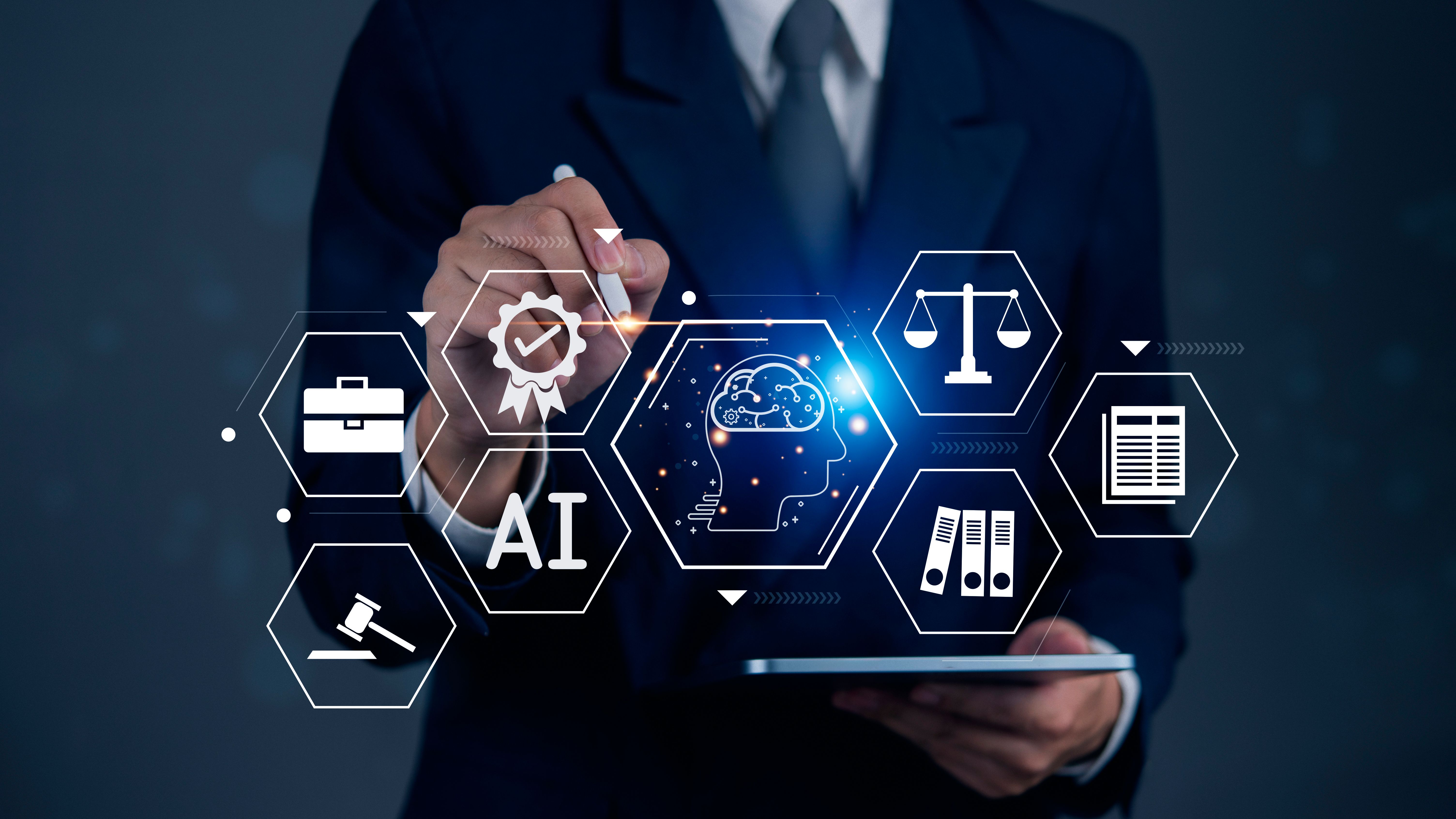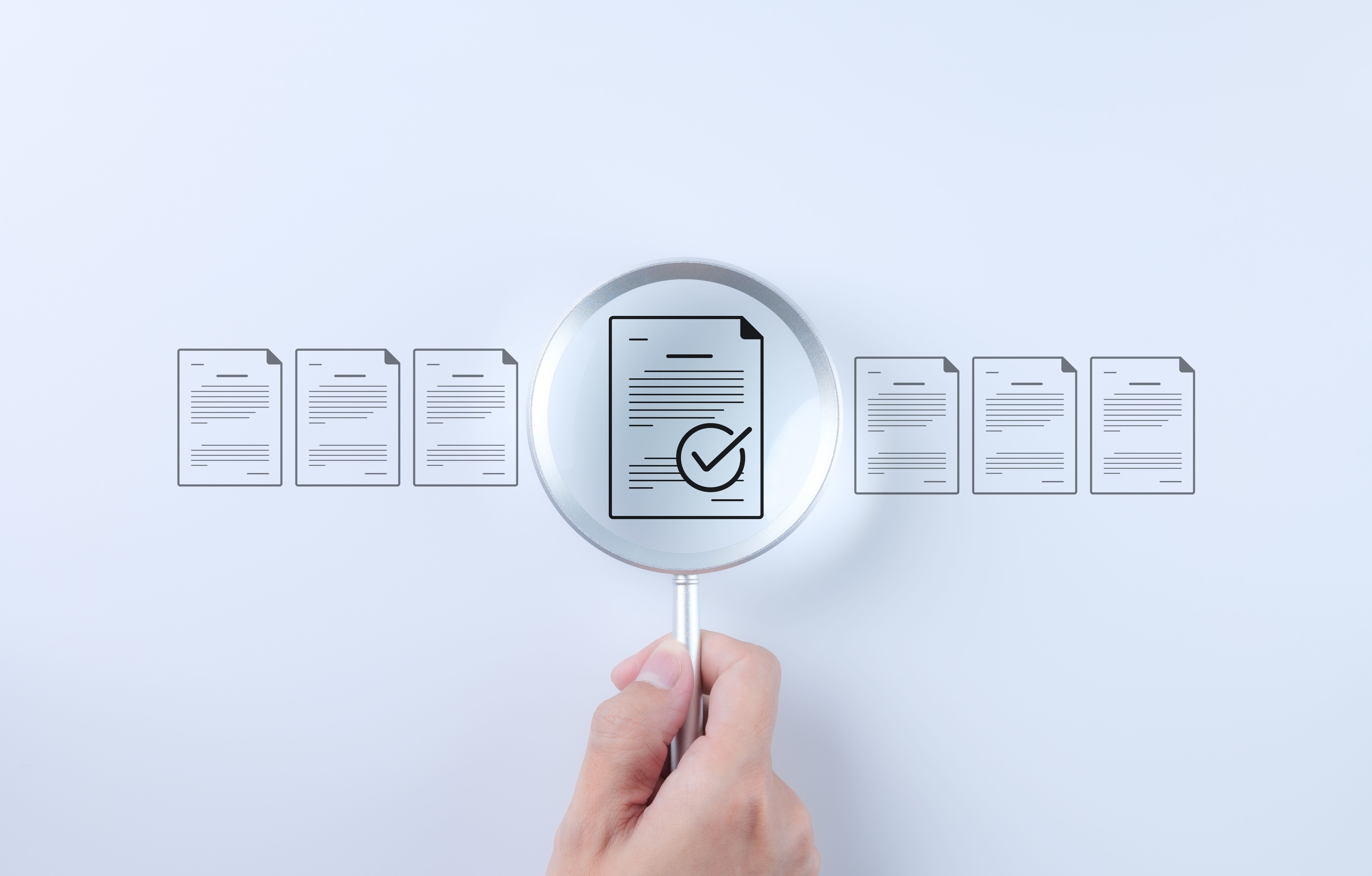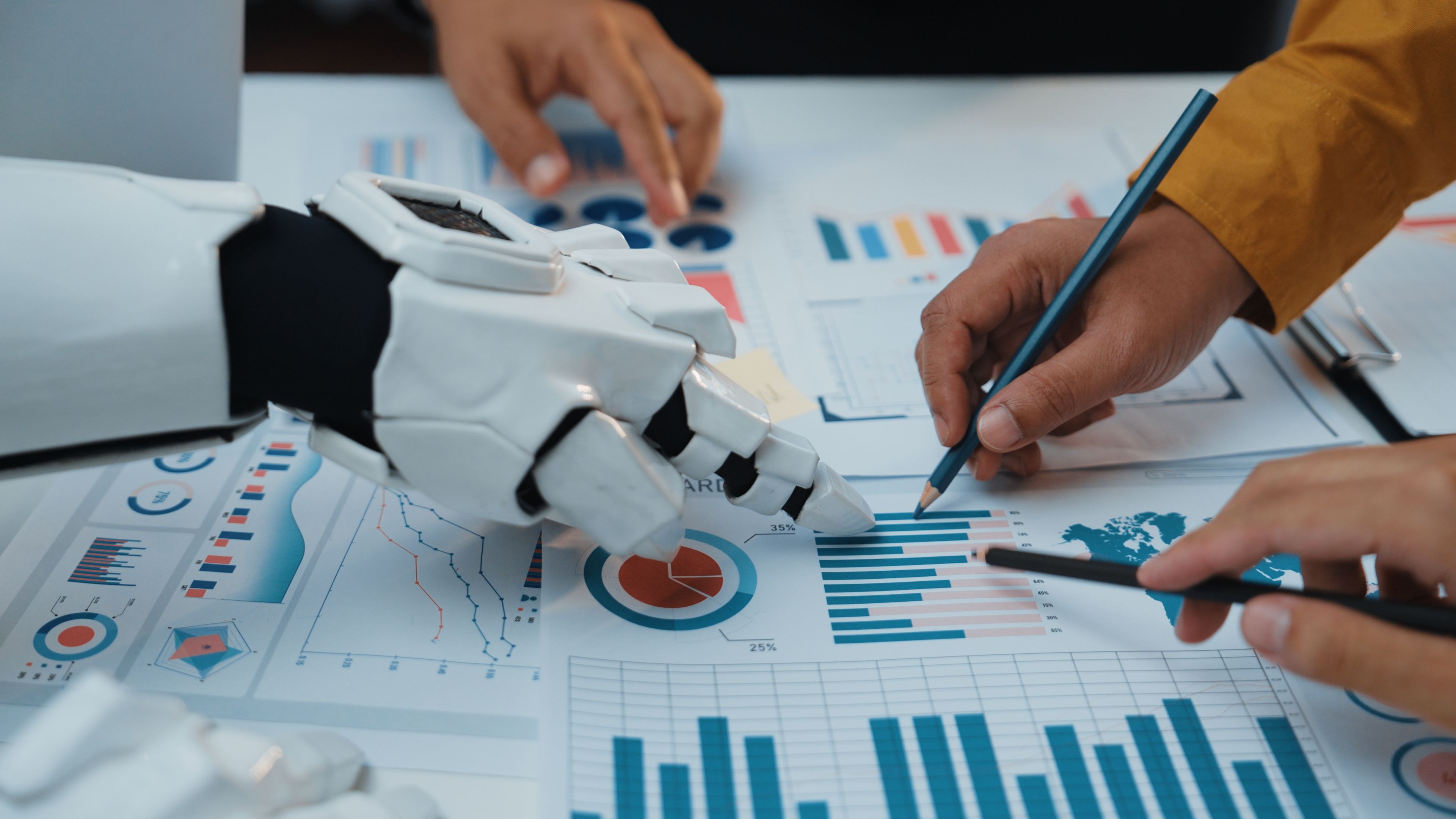The Role of AI in Legal Translations: Is Human Oversight Necessary?
The Rise of AI in Legal Translations
The integration of Artificial Intelligence (AI) in various industries has been transformative, and the legal sector is no exception. As global business and legal proceedings become increasingly complex, the demand for accurate and efficient translations of legal documents is growing. AI technologies have stepped in to address this need, offering advanced tools that promise faster and more cost-effective solutions compared to traditional methods.
AI-driven translation tools utilize machine learning algorithms to comprehend and translate legal texts with remarkable speed. These systems are designed to handle large volumes of data, making them ideal for legal firms dealing with extensive documentation. However, while AI offers numerous benefits, the question remains: Is human oversight still necessary in legal translations?

Accuracy and Nuance in Legal Language
Legal language is often complex, characterized by specific terminology and intricate sentence structures. While AI systems are proficient at processing data, they may not always grasp the subtle nuances of legal jargon. Human translators possess the expertise to understand these complexities and ensure that translations maintain their intended meaning.
The precision required in legal translations cannot be overstated. A minor error or misinterpretation could lead to significant legal consequences. Therefore, relying solely on AI without human oversight might pose risks, especially in high-stakes legal matters where accuracy is paramount.

The Role of Human Oversight
Human oversight plays a crucial role in validating AI-generated translations. Experienced translators can review and refine AI outputs, ensuring that they are contextually accurate. This collaboration between AI and human expertise creates a more robust translation process, combining the strengths of both entities.
Moreover, human translators offer cultural insights and contextual understanding that AI might lack. They can identify cultural nuances and idiomatic expressions, adapting translations to suit the target audience effectively. This human touch is essential in maintaining the integrity and clarity of legal documents.

Efficiency Versus Accuracy
One of the primary advantages of AI in legal translations is its efficiency. AI systems can process vast amounts of data rapidly, making them an attractive option for time-sensitive projects. However, this speed should not compromise accuracy, especially in legal contexts where precision is critical.
Balancing efficiency with accuracy requires a strategic approach. Legal firms are increasingly adopting a hybrid model, leveraging AI for initial drafts and employing human translators for final reviews. This model not only enhances productivity but also ensures that the translations meet the highest standards of accuracy.
Future Prospects of AI in Legal Translations
As AI technology continues to evolve, its capabilities in legal translations are expected to improve significantly. Innovations such as natural language processing and neural machine translation are already showing promise in enhancing translation quality. However, the need for human oversight will likely remain essential to guarantee precision and contextual relevance.
Ultimately, the future of legal translations lies in the symbiotic relationship between AI technology and human expertise. By embracing this partnership, legal professionals can harness the full potential of AI while maintaining the integrity and accuracy that only humans can provide.